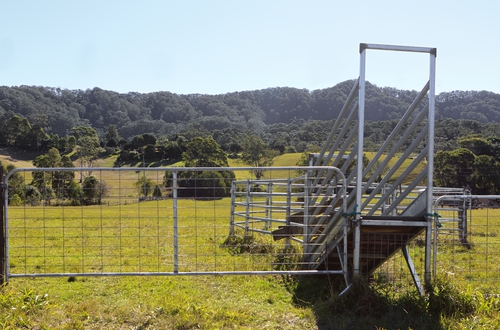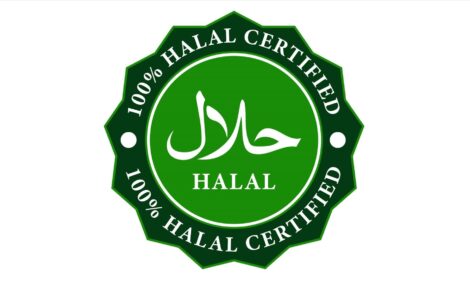



Manners Matter When Working With Cattle
US - Manners are important on the farm and five steps will keep cattle and workers alive and well, producers are being told.Safety around the cattle chute (crush) was elucidated by a Texas veterinarian at this year’s Cattle Industry Convention in Nashville.
Addressing the National Cattlemen’s Beef Association Cattlemen’s College, Arn Anderson prescribed that purpose, planning, people, paying attention and politeness should be on the check list when working with cattle.
“When you approach the crush you need to know what the purpose is,” said Mr Anderson, addressing the first of the five P’s. “Are you going to palpate cows or test bulls?”
This question is key from the outset and can have a variety of answers. In some cases clients are asked to the farm on a cattle working day.
“In this case the purpose is also entertainment,” added Mr Anderson. "A plan can be then made once the purpose is clear."

“You can then make sure the chute is functioning for the job and animal it will be required to work with,” he added. “Checks can be made so the alley way is clean and smooth and you can address what drugs and tools you may need.”
Some people like the help that dogs bring, a consideration he outlined. However, at times they can be a distraction and cause problems.
Drawing on a wealth of practical experience gained at Cross Timbers veterinary hospital in Bowie, Texas, Mr Anderson illustrated just how badly things can go wrong when one of the five important steps is missing.
“I have seen a bull drop dead because the electric branding iron was wired to 220 and not 110 volts,” Mr Anderson cautioned.
He said that oversights and mistakes can be ironed out with sufficient planning, because costly errors are detrimental to both the owner and the person in charge.
The distinction between owner and ‘person in charge’ was drawn because the owner is not always in charge of the chute, it could be foreman, manager or crew leader.
He advised that people stick to a role they are good at and not to change half way through a job. Also important, is to have your wits about you to the dangers around.
This will vary as to whether you are working with a colt or a cow. Recalling a personal accident at a cattle chute, Mr Anderson said: “The reason why I walk with a limp is because of a break in attention.”
“One day, as I was castrating a 500lb calf the owner made the mistake of letting another one through and another animal just like the calf I was working ran over the top of me.”
The value of getting ingrained at one job means you are sensitised to it. Mr Anderson explained the importance of hearing while your eyes are engaged with other things.
In terms of a definite list of do's and dont's, his message was that there are specific ways to make chute operation safe on every farm.
He emphasised the importance of practical jokes for morale but said there was a fine line being tread in terms of politeness. Similarly, alcohol and profanity may be par for the course on some establishments, while other farms would want to keep such things to a minimum.
Above all, Mr Anderson stressed that a winning formula starts with having safety in mind, both for yourself, employees and the cattle you are working.
Michael Priestley
News Team - Editor
Mainly production and market stories on ruminants sector. Works closely with sustainability consultants at FAI Farms



